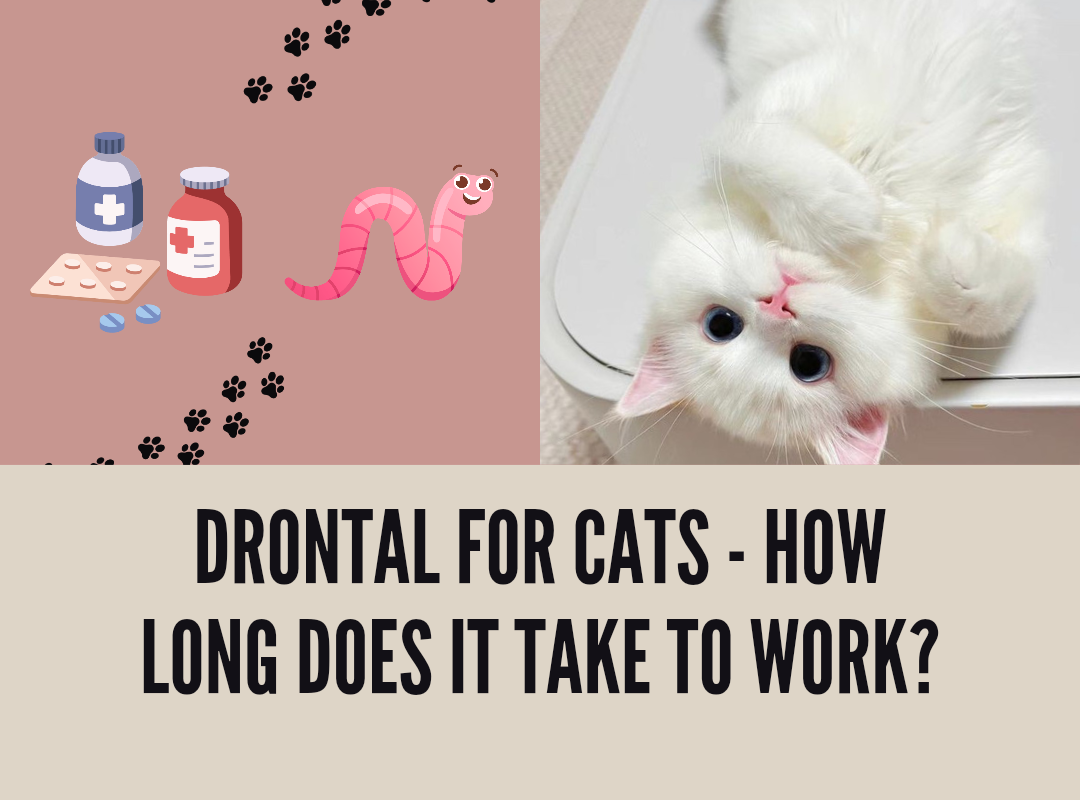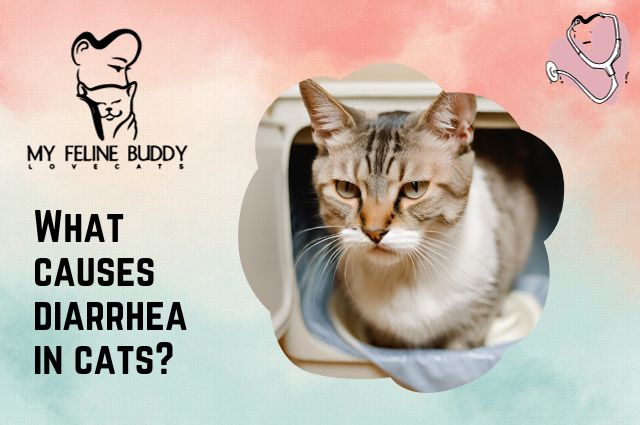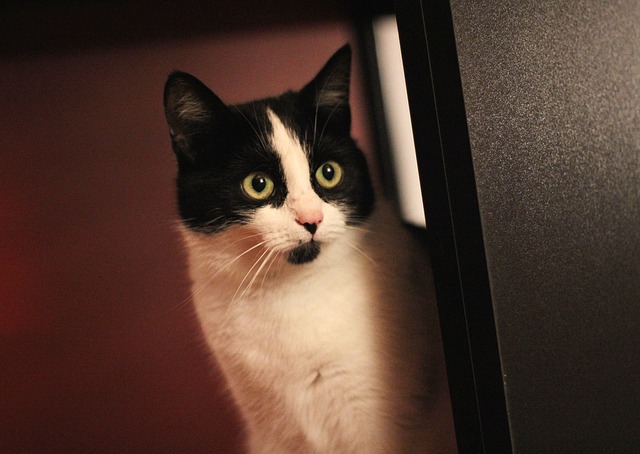Drontal for Cats – How Long Does It Take to Work?
Almost all cats have worms at one point or the other in their lives. However, that doesn’t mean that intestinal parasites should be ignored. Some animals can suffer such severe infestations that several of their organs, not just their digestive tract, are affected.
In fact, many worms can migrate to organs such as the liver, the lungs, and even the heart. Drontal
In this post, we’ll look at how long Drontal for cats takes to work, but we’ll also answer some other questions that you might have about this deworming treatment.Â
Drontal for Cats – How long does it take to work?
The vast majority of wormers currently available and that includes Drontal for cats, take 1-2 days to work. What does this mean for you? It means that you’re going to start larvae and adult worms being eliminated in your
What I’d like to note here is that the breeding cycle of intestinal parasites in cats depends on the exact type of worm your
For example, roundworms (such as Toxocara cati or Toxascaris leonina) have a breeding cycle of 7 to 10 days, which is why a second dose of Drontal is necessary about a week after the first one.
If your
Why is this necessary? Well, the first dose usually kills the adult worms inside your
This means that if you don’t give your
Is Drontal better than other cat wormers?
Well, yes and no. It actually depends on what you want to give your
A single dose is usually necessary, but it’s highly recommended that you keep an eye on your pet’s feces to see whether there are any traces of worms there, be they full-size adults, eggs, or larvae.Â
As for the debate on whether Drontal is better than other wormers, I’ll say that I know for a fact that many veterinarians recommend it more than other products. The reason for this is that it contains two anthelmintic substances — pyrantel and praziquantel.
These two ingredients make it possible for Drontal to kill both tapeworms and roundworms, without you having to give your
And let’s face it – you might want to skip on giving your
When can I first give my cat Drontal? What is the correct dose?
Any
A
Is Drontal safe?
The most important thing to keep in mind when deworming a
Another aspect that I have to add is that the adverse reactions can also depend on how severe the parasite infestation is. If your
The biggest problem, in this situation, would be for the adult parasites to die and not be released through the
So, in this case, the
While Drontal isn’t usually associated with any side effects, especially if you give your feline friend the correct dose, some cats can experience diarrhea, vomiting, increased salivation, and a decrease or lack of appetite.Â
However, these symptoms usually last for less than 24 hours following which the
DO NOT GIVE DRONTAL (or other worming products) to pregnant cats.Â
Always tell your vet if your
What if I can’t give pills to my cat ?
Well, you’ll be happy to know that there are some things that you can do even in this case. There is a product made by the same brand, Bayer, and it’s called Droncit (unfortunately, I see that it’s currently available in the United Kingdom alone). It’s a spot-on solution that works for tapeworms.
If your
The North America equivalent would be Revolution, but I haven’t managed to find it up for sale at any online marketplaces at the time I’m writing this post. Â






